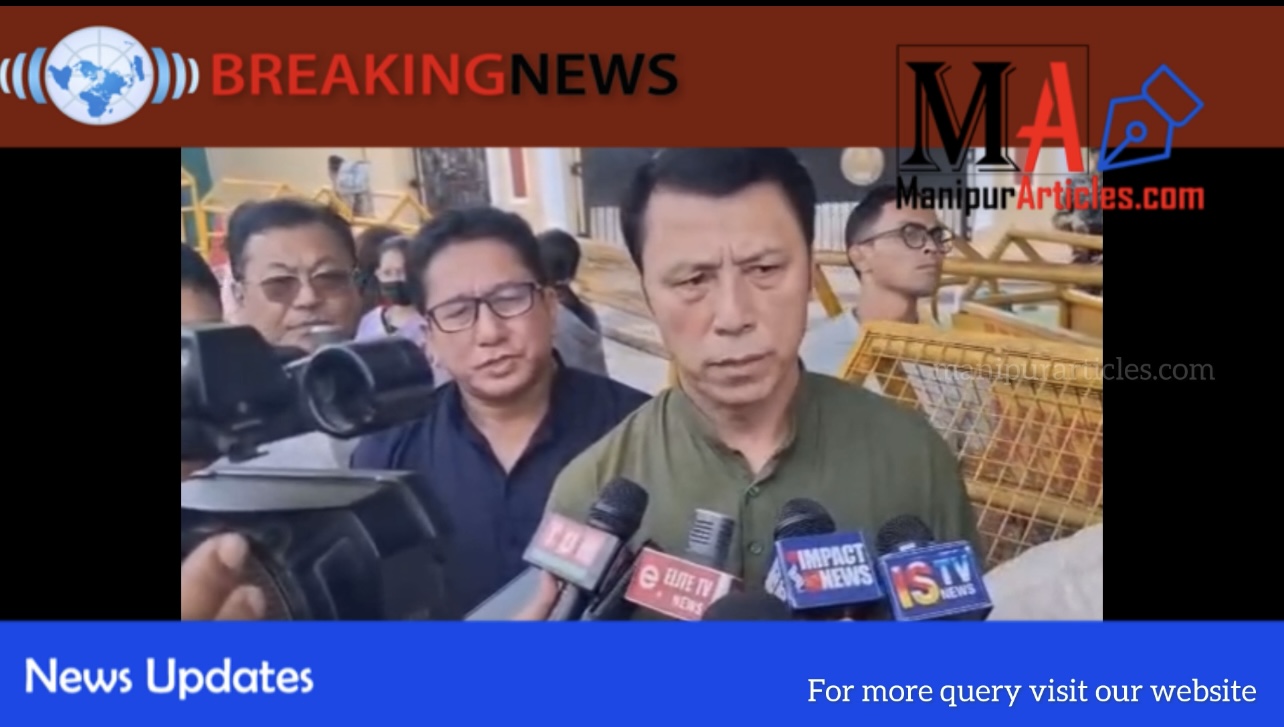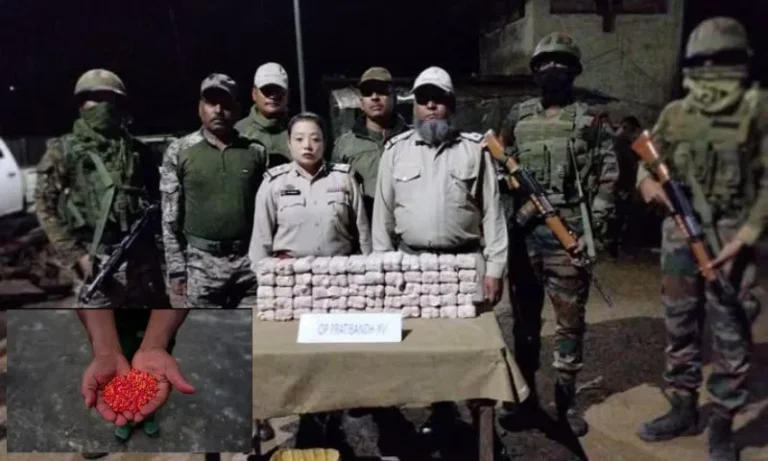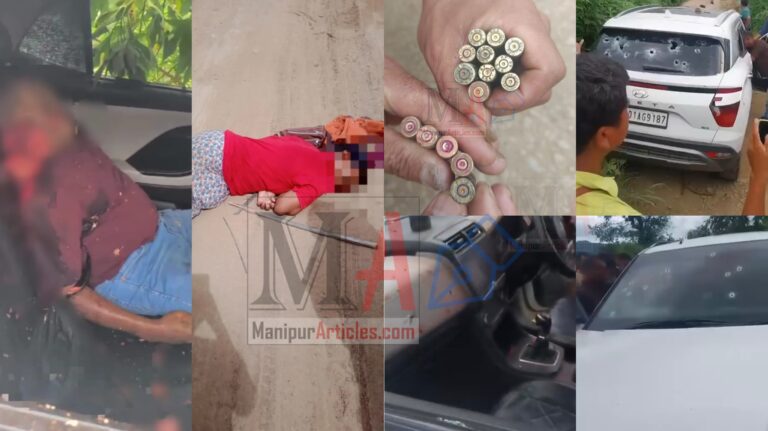Manipur’s Political Landscape Shifts: NDA MLAs Stake Claim to Form New Government
Summary of the News Article
On May 28, 2025, a delegation of 10 MLAs, including 8 from the Bharatiya Janata Party (BJP), one from the National People’s Party (NPP), and one Independent, met with Manipur Governor Ajay Kumar Bhalla at Raj Bhavan in Imphal. They submitted a document signed by 22 MLAs affiliated with the National Democratic Alliance (NDA), expressing their unified support to form a new government in the state. Independent MLA Sapam Nishikanta Singh, speaking on behalf of the group, emphasized their desire for a “popular government” and highlighted the collective eagerness of NDA MLAs to establish a stable administration in Manipur.
In-Depth Analysis: The Quest for a Popular Government in Manipur
1. The Political Context: Manipur’s Governance Under Scrutiny
Manipur, a state in Northeast India, has experienced political turbulence in recent years. The resignation of Chief Minister Nongthombam Biren Singh in February 2025, amidst ongoing ethnic tensions and governance challenges, left a leadership vacuum. The state has since been under President’s Rule, a constitutional provision allowing the central government to take direct control when a state government is unable to function.
President’s Rule, while ensuring administrative continuity, often lacks the democratic legitimacy of an elected government. This has led to growing calls for the restoration of a representative government that can address the unique challenges facing Manipur.
2. The NDA’s Strategic Move: Asserting Majority Support
The recent move by NDA-affiliated MLAs to stake a claim to form the government is a strategic effort to transition from central rule to a locally elected administration. By presenting a document with 22 signatures, the delegation aims to demonstrate majority support in the 60-member Manipur Legislative Assembly.
This initiative reflects the NDA’s confidence in its ability to provide stable governance and address the pressing issues in the state. It also underscores the importance of local leadership in navigating the complex socio-political landscape of Manipur.
3. The Role of Independent and Regional Parties
The inclusion of an Independent MLA and a member from the NPP in the delegation highlights the significance of regional and independent voices in Manipur’s politics. These alliances are crucial in building a broad-based government that can represent the diverse interests of the state’s population.
Such collaborations can enhance the government’s ability to implement policies that are sensitive to the cultural and ethnic complexities of Manipur. They also reflect a pragmatic approach to governance, where ideological differences are set aside for the greater good of the state.
4. Public Sentiment and the Demand for Democratic Governance
The delegation’s emphasis on forming a “popular government” resonates with the public’s desire for democratic representation. After months under President’s Rule, citizens are eager for an administration that is accountable to them and responsive to their needs.
Restoring an elected government is seen as a step towards normalcy and stability. It is also expected to facilitate more effective policymaking and implementation, particularly in addressing issues like ethnic tensions, economic development, and infrastructure improvement.
5. Governor’s Response and the Path Forward
Governor Ajay Kumar Bhalla’s reception of the delegation and their proposal is a critical juncture in this political development. The Governor’s decision on whether to invite the NDA to form the government will significantly impact Manipur’s political trajectory.
Should the Governor accept the proposal, the NDA will have the opportunity to demonstrate its governance capabilities and address the challenges facing the state. Conversely, if the proposal is declined, it may lead to further political negotiations or even elections to resolve the impasse.
Frequently Asked Questions (FAQs)
Q1: What prompted the NDA MLAs to stake a claim to form the government in Manipur?
A1: The NDA MLAs aim to transition Manipur from President’s Rule to an elected government, asserting that they have majority support in the assembly.
Q2: How many MLAs are needed to form a majority in the Manipur Legislative Assembly?
A2: A minimum of 31 MLAs is required for a majority in the 60-member assembly.
Q3: What is the significance of including Independent and NPP MLAs in the delegation?
A3: Their inclusion demonstrates a broader coalition and enhances the legitimacy of the proposed government by representing diverse political interests.
Q4: What are the potential benefits of ending President’s Rule in Manipur?
A4: Restoring an elected government can improve democratic accountability, policy responsiveness, and public trust in governance.
Q5: What challenges might the new government face if formed?
A5: The new government would need to address ongoing ethnic tensions, economic development, infrastructure needs, and ensure inclusive governance.



